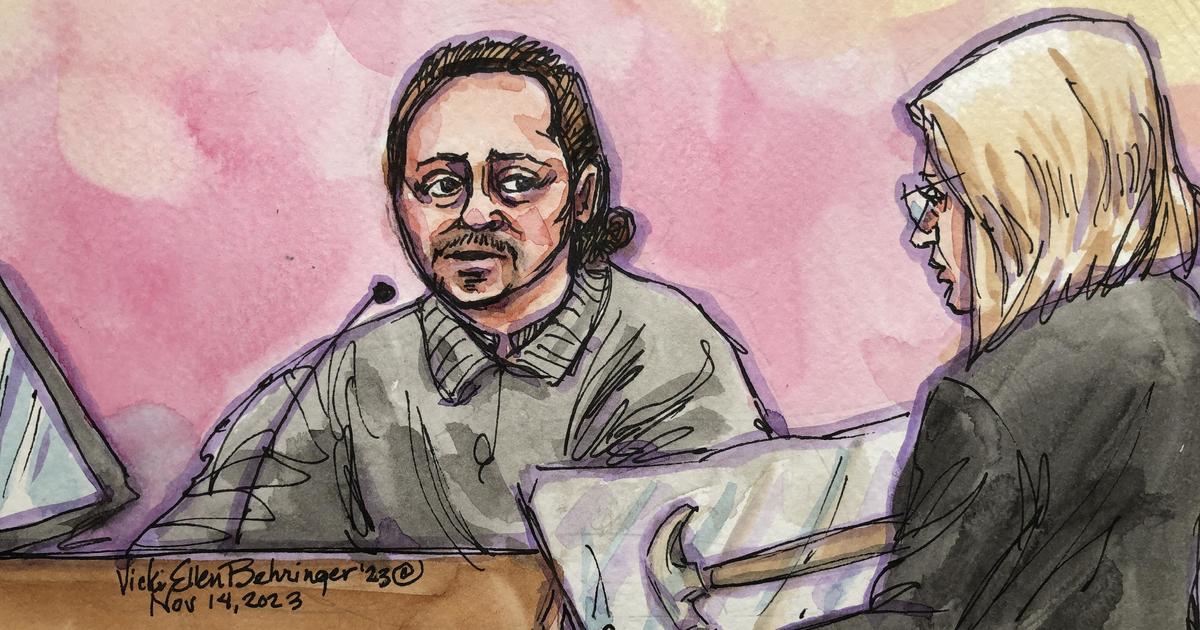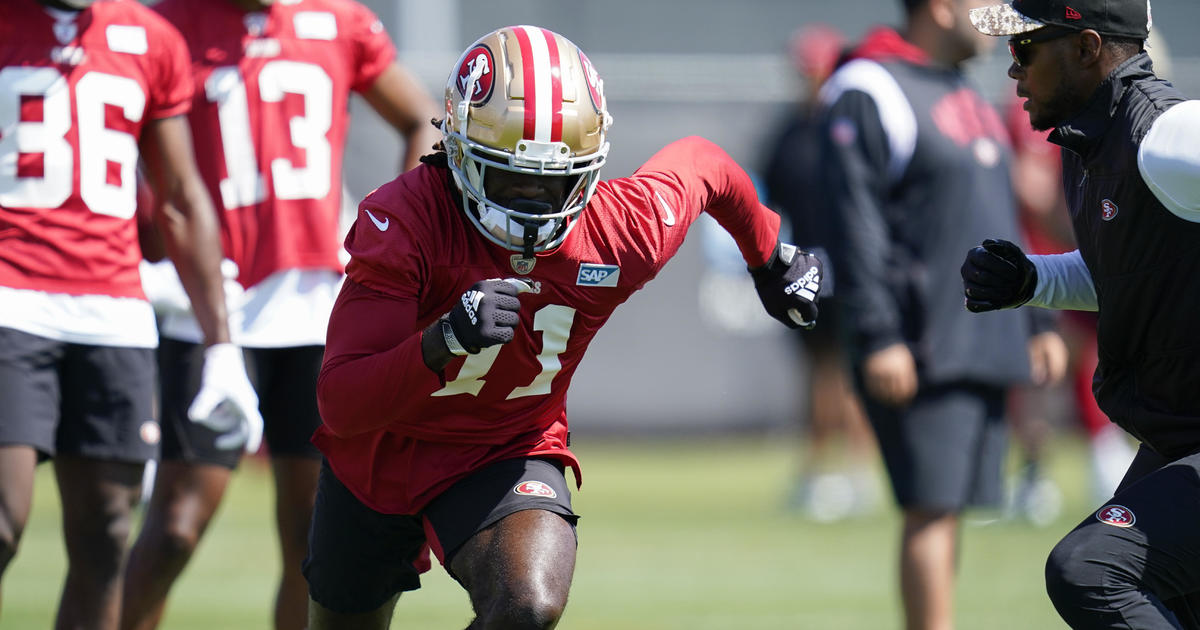Marjorie Knoller Appeals 2nd Degree Murder Conviction For 2001 Dog Mauling
SAN FRANCISCO (CBS SF) – The case of a San Francisco woman convicted of second-degree murder in the fatal dog-mauling of a neighbor 14 years ago resurfaced before a federal appeals court Monday.
Dennis Riordan, a lawyer for Marjorie Knoller, asked a three-judge panel of the 9th U.S. Circuit Court of Appeals to overturn her conviction and 15-year sentence on grounds of an alleged error by her trial judge in 2002.
Knoller, 60, was convicted in Superior Court in 2002 of the second-degree murder of Diane Whipple, who was killed in an apartment building hallway on Jan. 26, 2001, by two powerful Presa Canario dogs kept by Knoller and her husband, Robert Noel.
Knoller was returning from a rooftop walk with one of the dogs, 140-pound Bane, when Bane attacked Whipple as she was carrying a bag of groceries to her apartment. The other dog, Hera, came out of Knoller's apartment and joined the attack.
Whipple, 33, a women's lacrosse coach at St. Mary's College in Moraga, suffered 77 wounds and lost one-third of her blood, according to trial evidence.
Knoller's conviction was previously upheld in the state court system after two rounds of appeals that reached the California Supreme Court.
She then appealed in the federal courts with a habeas corpus petition, and took the case to the 9th Circuit after U.S. District Judge Jon Tigar of San Francisco turned down her petition last year.
Riordan argued before the 9th Circuit panel Monday that now-retired San Francisco Superior Court Judge James Warren violated Knoller's right to effective assistance of counsel by ordering her defense attorney, Nedra Ruiz, to stop making objections during the prosecutor's rebuttal closing argument.
"It was tremendously prejudicial, coming at the very apex of the trial," Riordan told the 9th Circuit panel.
Knoller's trial, while presided over by Warren, was moved to Los Angeles County Superior Court because of extensive pretrial news coverage of the case in the Bay Area.
At the trial, after Ruiz had objected twice to the prosecutor's characterization of the evidence during his rebuttal closing argument, Warren told the jury that such objections were improper and that lawyers' arguments were not evidence, and instructed Ruiz to stop making such objections.
He then told Ruiz, "And, Ms. Ruiz, please take your seat now and not get up again or the next objection will be made from the holding cell behind you."
Ruiz did not make further objections, and Riordan contended that Warren's action opened the way for the prosecutor to make an improper argument in which he asked the jury to picture Whipple's final moments through Whipple's eyes.
Riordan asked the appeals panel, "To have a judge say in front of the jury to a lawyer who was performing a core function (on) behalf of her client, 'I will throw you out of the courtroom, I will jail you,'—what about the prejudicial effect of that?"
Supervising Deputy California Attorney General Peggy Ruffra, defending the conviction, argued that any error made by the trial judge was harmless because the evidence against Knoller was very strong.
"Those dogs were huge, they were bred to be aggressive, they had never been trained. More than 30 witnesses testified the dogs had bitten or lunged at other people or dogs in the past several months," Ruffra told the court.
The panel took the case under consideration after hearing 30 minutes of argument. It has no deadline for issuing a written ruling.
All three judges on the panel expressed concerns about Warren's error, but two of them questioned whether the error met the standards set by the U.S. Supreme Court for unconstitutional deprivation of the effective assistance of counsel.
Judge Johnnie Rawlinson commented to Riordan, "It's not whether it didn't burden the defense, it's whether the defendant was completely deprived of the assistance of counsel.
"That's the difficulty I'm having with your argument. There has to be a complete deprivation," Rawlinson said.
Knoller and Noel, who were law partners, were caring for the dogs for a Pelican Bay State Prison inmate, Paul "Cornfed" Schneider. Noel registered himself and Knoller as the owners on Jan. 3, 2001.
Schneider, convicted of attempted murder, was a member of the white supremacist Aryan Brotherhood prison gang and was planning a guard dog business to be called "Dog-O-War." Knoller and Noel completed proceedings to adopt him as their son three days after Whipple's death.
Noel, who was not present at the attack on Whipple, was convicted of involuntary manslaughter and was released on parole after serving nearly three years of his four-year sentence.
Some of Knoller's previous state appeal claims centered on the issue of the standard for a second-degree murder conviction, as opposed to a lesser conviction of involuntary manslaughter.
In a key decision in the case, the California Supreme Court said in 2007 that the correct standard for second-degree murder was whether a defendant had a "conscious disregard for human life."
In 2008, a Superior Court judge assigned to replace the then-retired Warren concluded that the 2002 murder conviction was justified under that standard, and in 2010, the state Court of Appeal agreed.
The state appeals court also rejected the claim that Knoller was denied effective assistance of counsel. Later in 2010, the state Supreme Court unanimously declined to review that ruling.
© Copyright 2015 by CBS San Francisco and Bay City News Service. All rights reserved. This material may not be published, broadcast, rewritten or redistributed.



